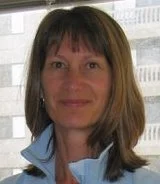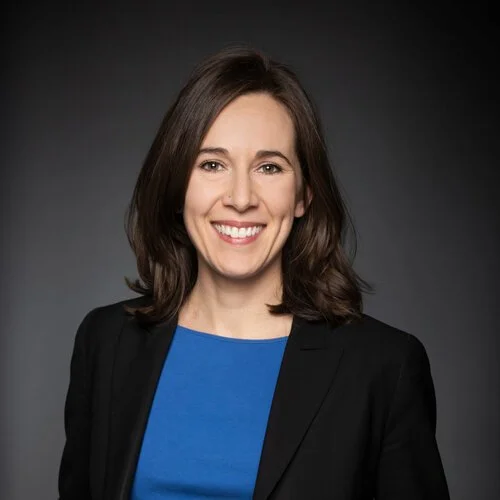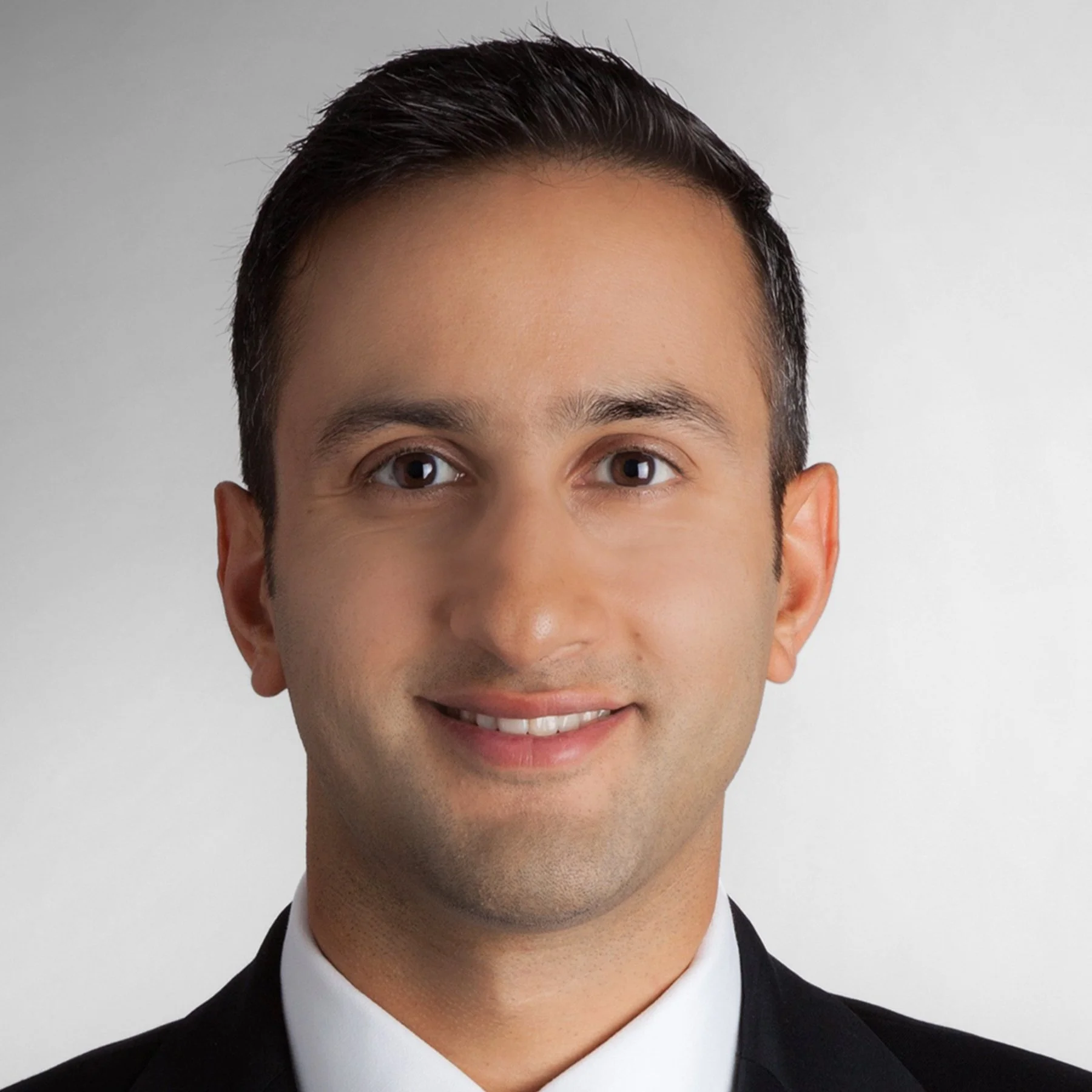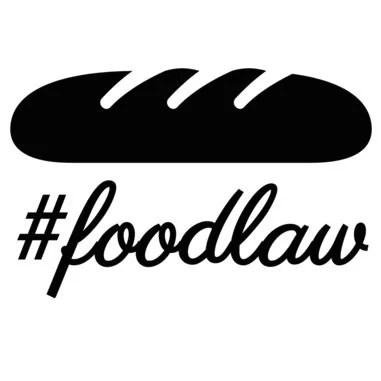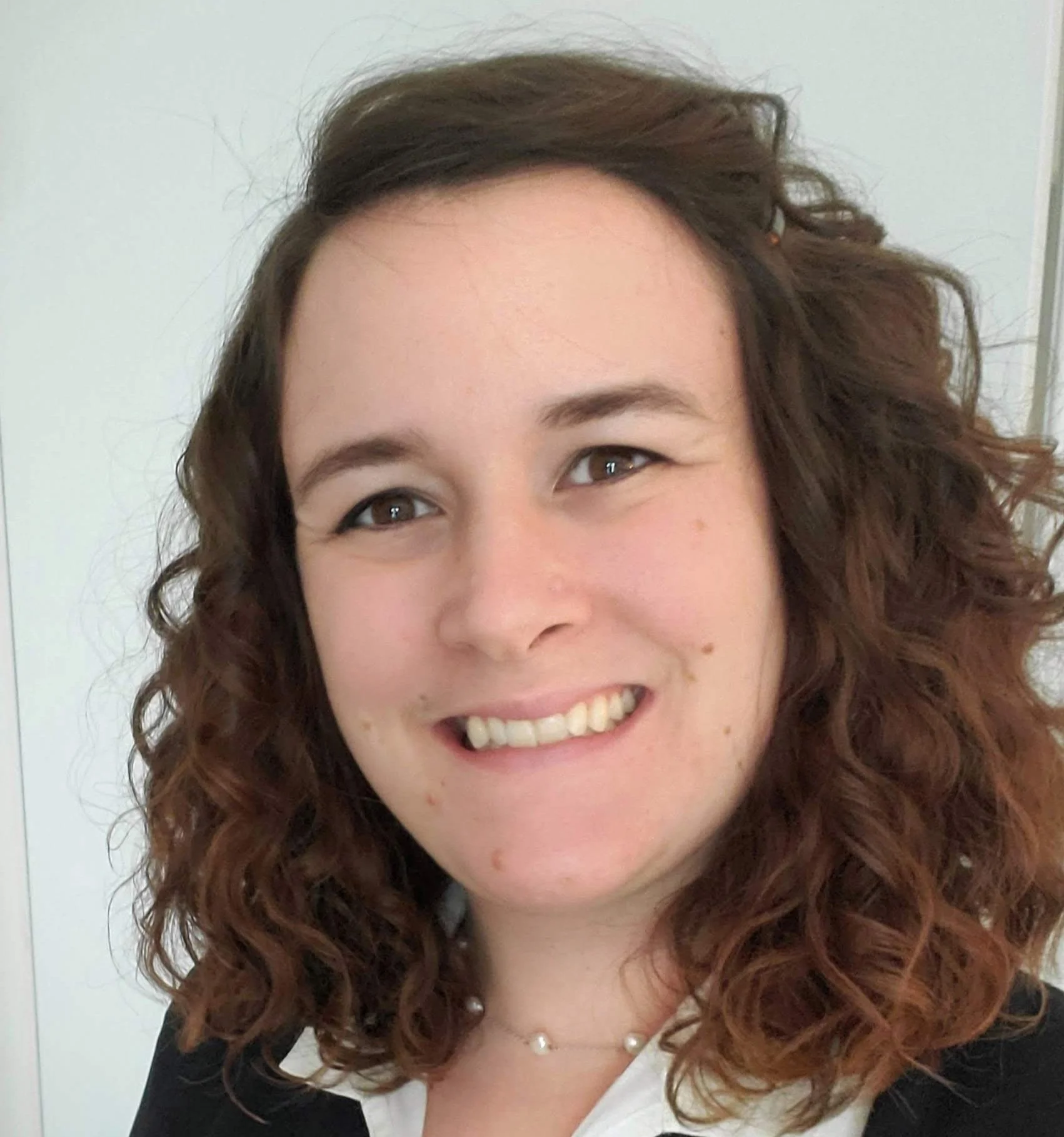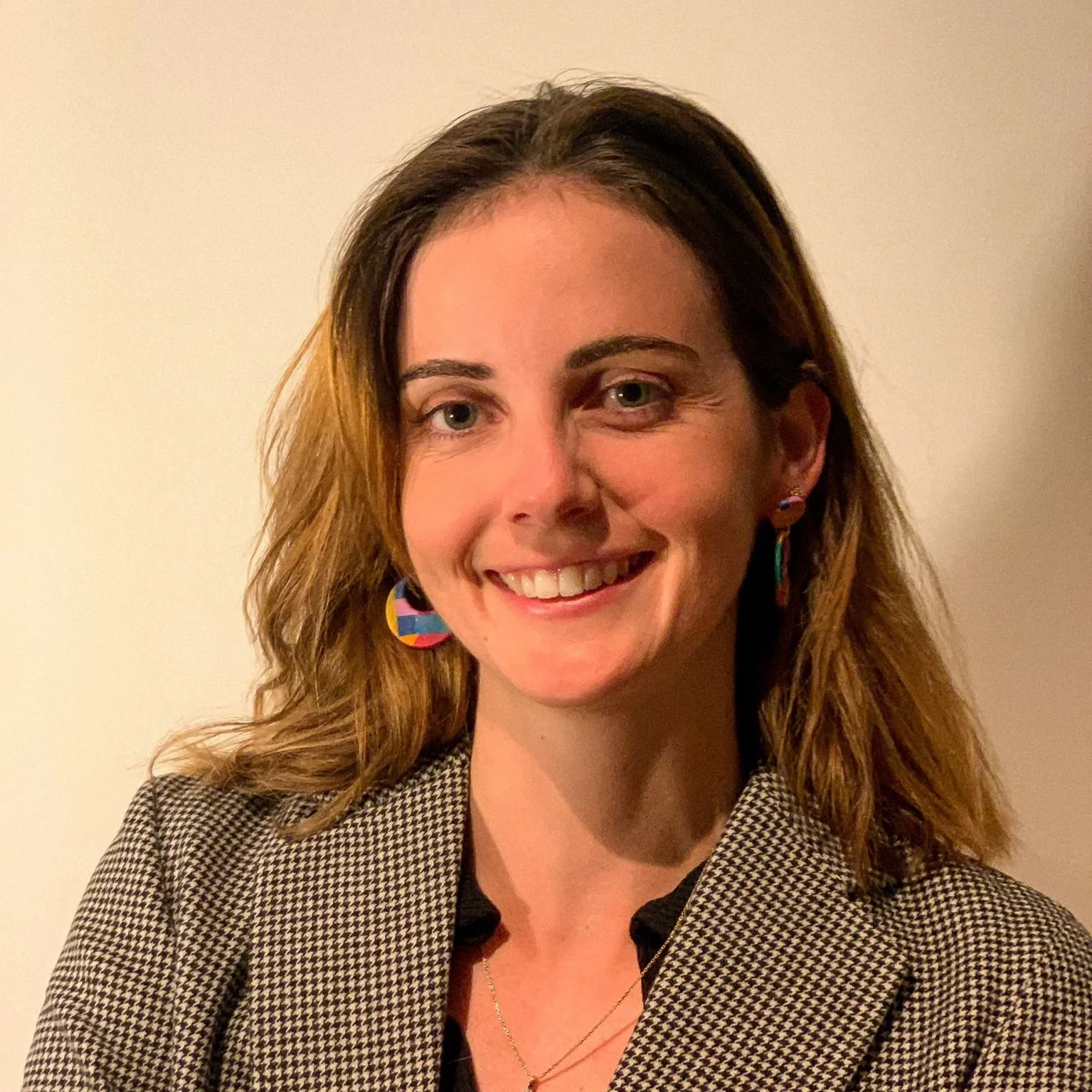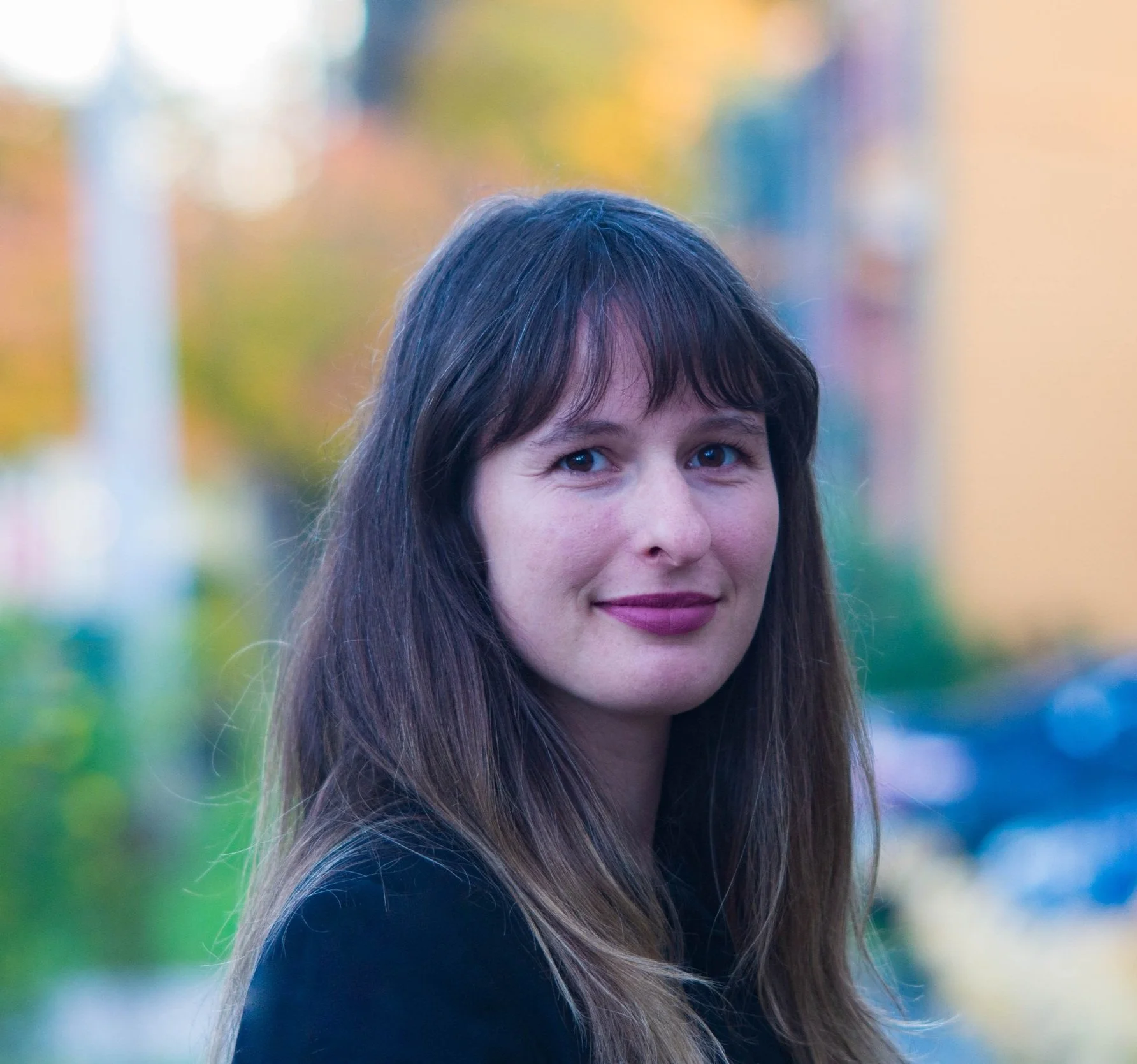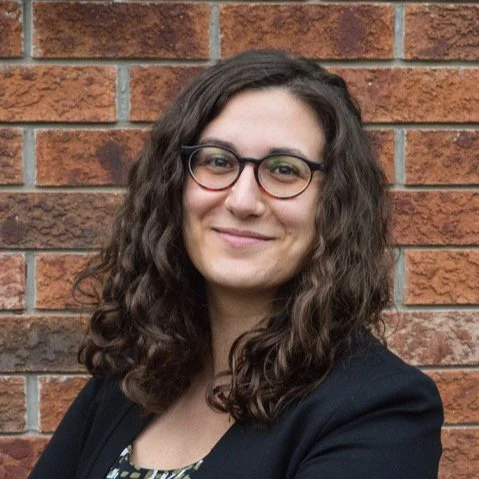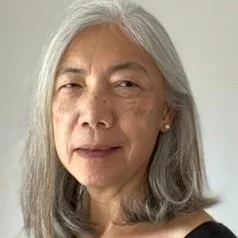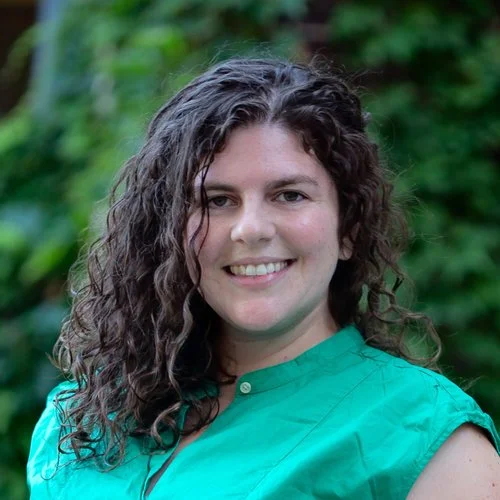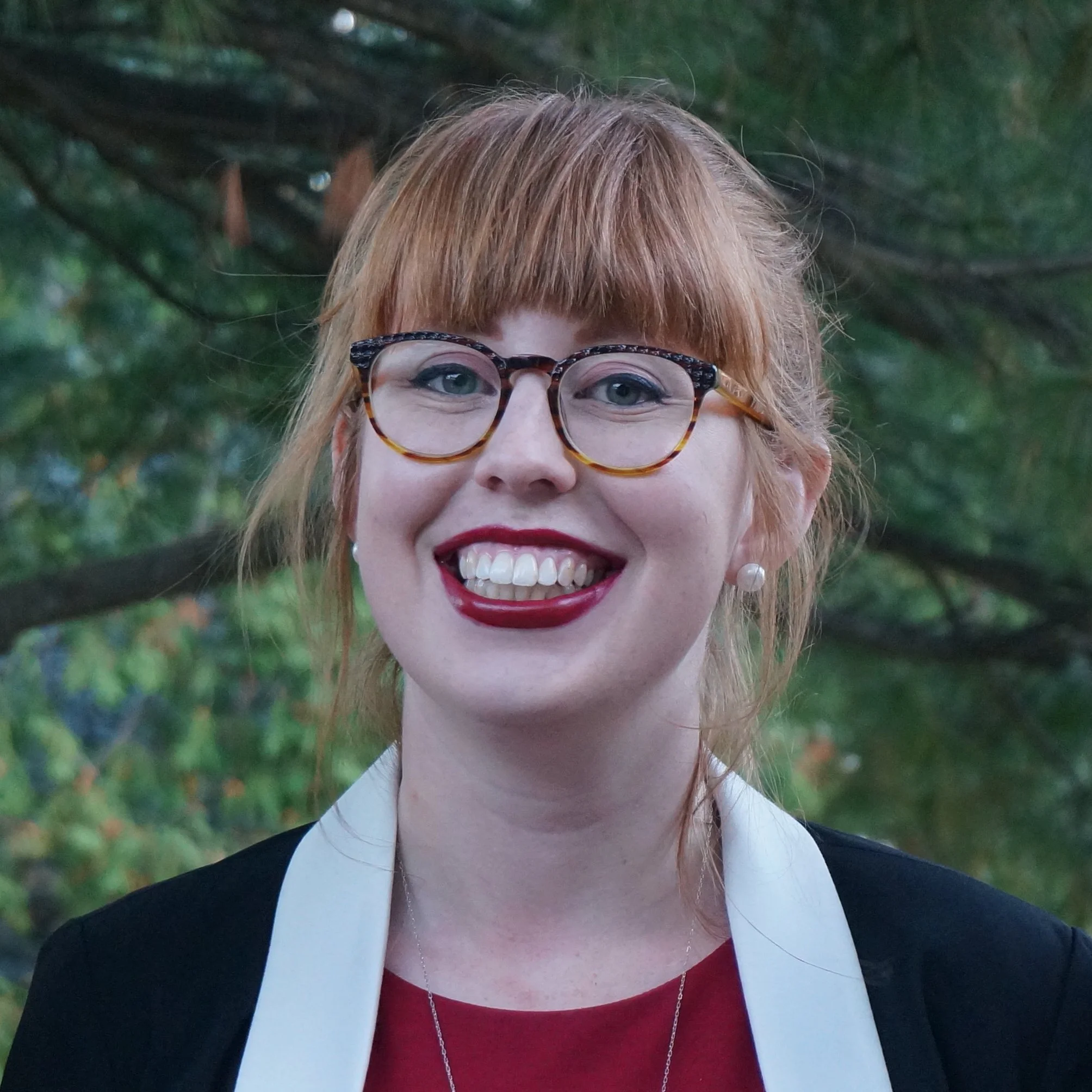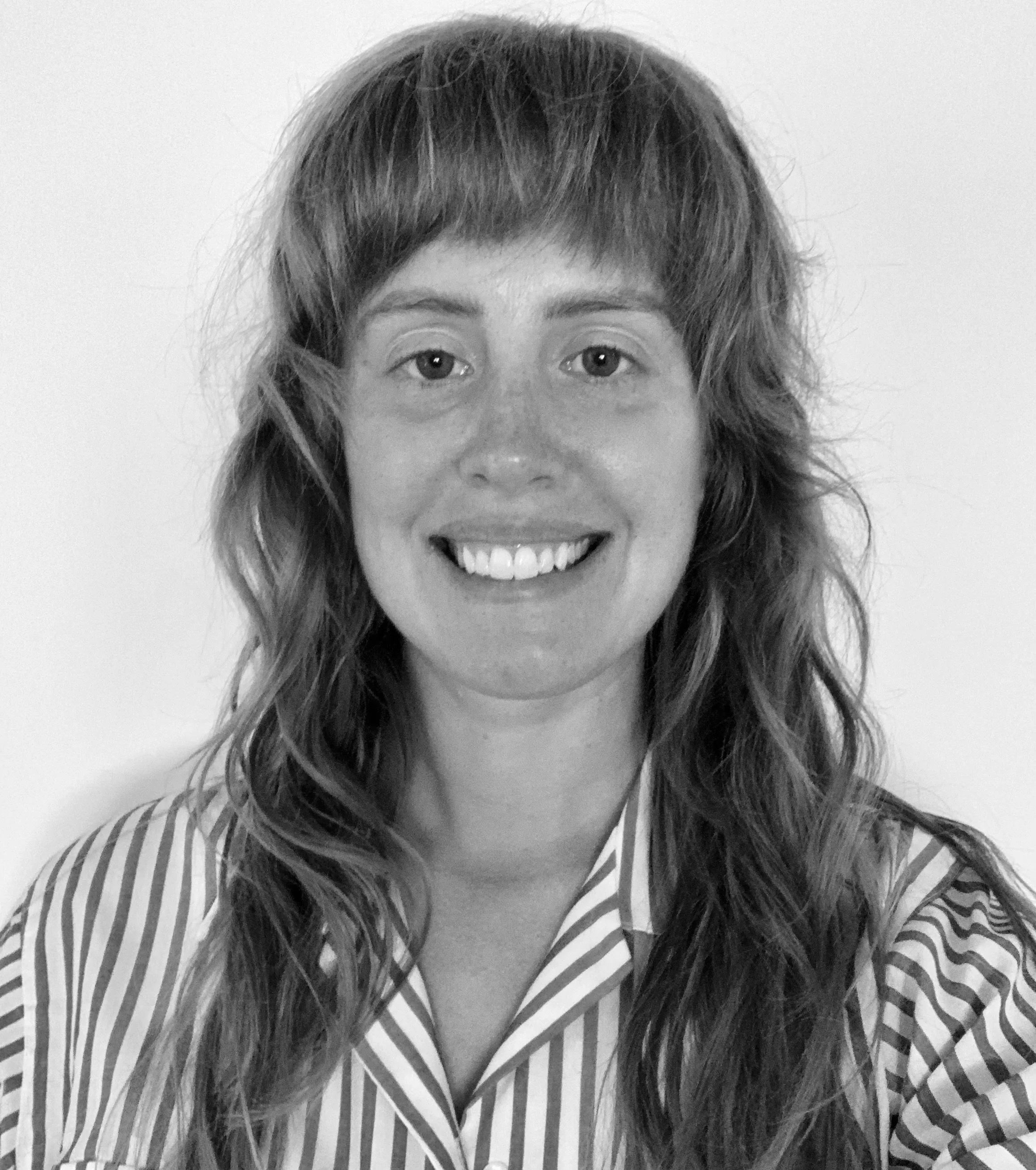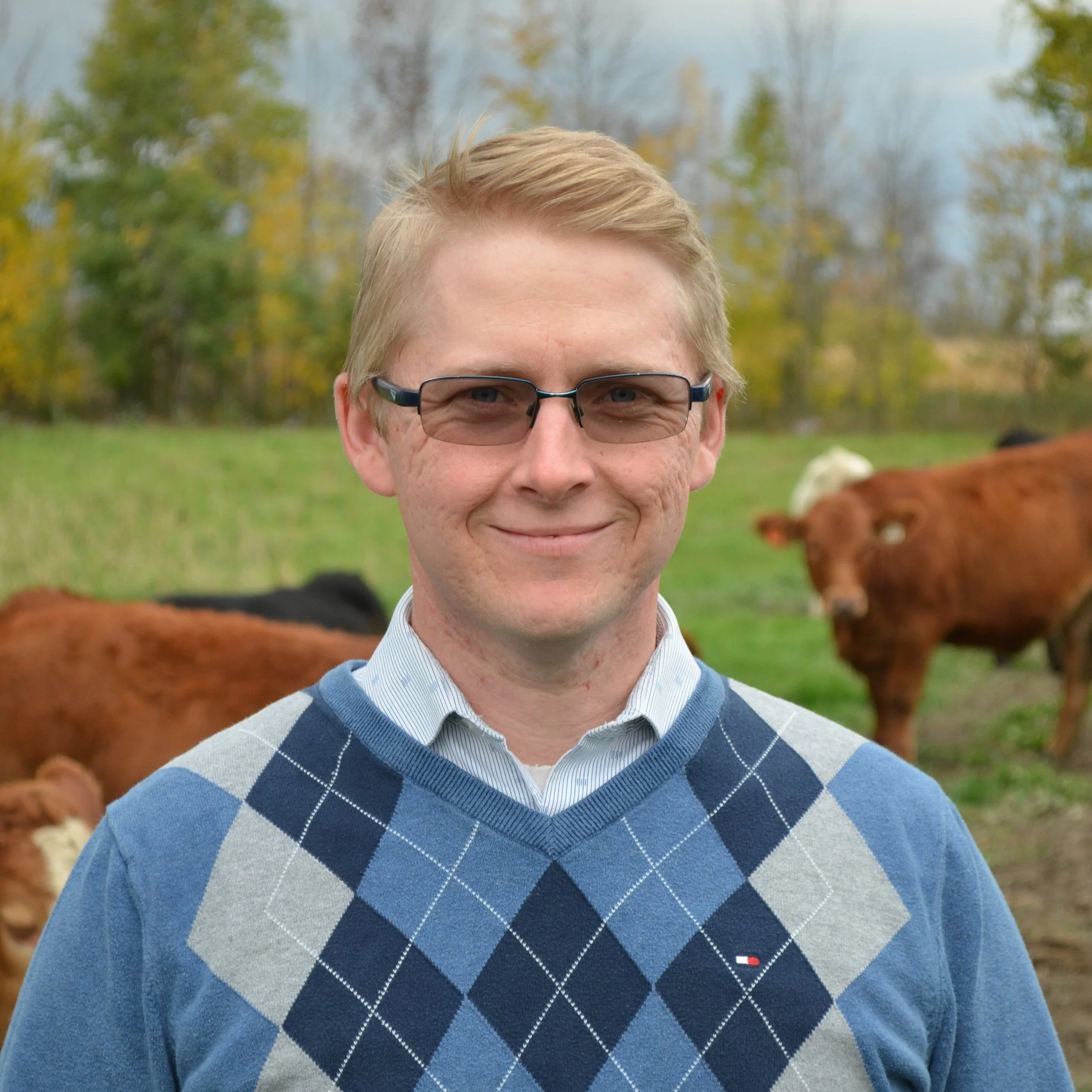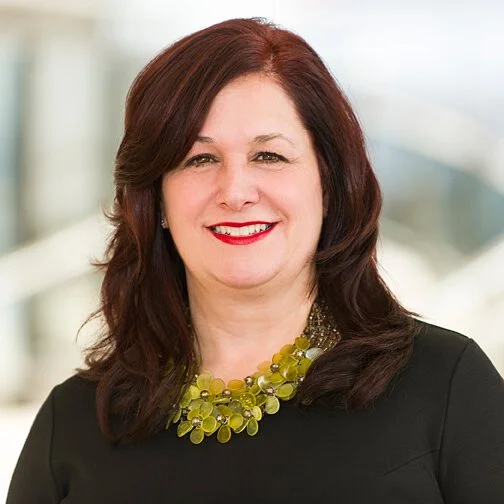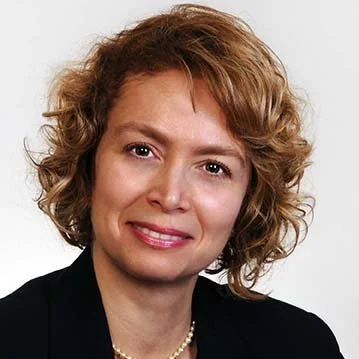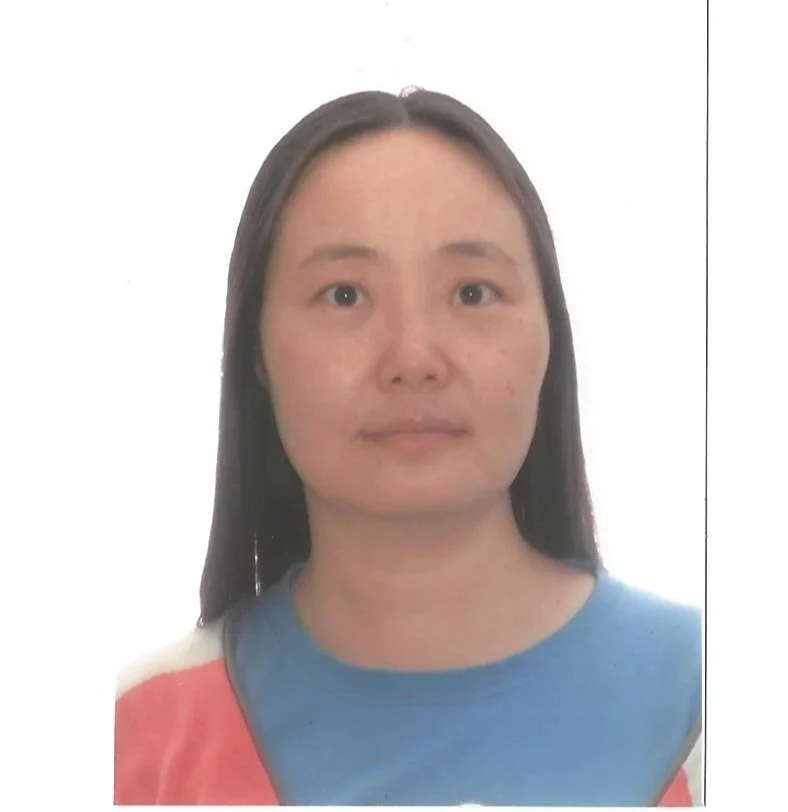Speakers
Faris Ahmed
Faris Ahmed is an independent consultant and researcher with more than 20 years of policy and research experience in sustainable food systems and international development, specializing in agroecology, biodiversity, climate resilience, human rights, health and nutrition. He has played leadership roles in civil society networks such as the CSIPM (Civil Society and Indigenous Peoples Mechanism of the Committee for World Food Security), the Food Security Policy Group, the CBD Alliance and Food Secure Canada. He is a Research Associate with the Laurier Centre for Sustainable Food Systems (Waterloo, Canada), an advisor to the UNESCO Chair on Biodiversity and Food, an Affiliate Member of the Margaret A Gilliam Institute for Global Food Security (McGill University), and a member of Cultivate! Collective. Faris was Policy Director at the NGO SeedChange during 2007-2019, and prior to that held senior positions at the International Development Research Centre (IDRC) and Oxfam Canada. He holds a Masters in International Development Studies from the University of Toronto.
Peter Andrée
Peter Andrée is a Professor in the Department of Political Science at Carleton University. His research focuses on the politics of agriculture, food and the environment. He practices, and teaches, community-based participatory research methods and mixed-methods research. Prof. Andrée is co-editor of Civil Society and Social Movements in Food System Governance (Routledge, 2019) as well as Globalization and Food Sovereignty: Global and Local Change in the New Politics of Food (University of Toronto Press, 2014). He is also author of Genetically Modified Diplomacy (University of British Columbia Press, 2007). With Prof. Ryan Katz-Rosene from the University of Ottawa, Prof. Andrée is co-host of the ecopolitics podcast series. The series features conversations with leading environmental politics thinkers, entrepreneurs and activists from around the world, emphasizing issues of equity and social justice related to sustainability transitions.
Amanda Aziz
Amanda is a part-time Staff Lawyer with the Migrant Workers Centre and also works as an immigration and refugee lawyer. She is a long-time advocate for migrant justice, is the proud daughter of immigrants and has supported many families in navigating their immigration status in Canada. She has appeared regularly before all levels of the Immigration and Refugee Board of Canada as well as the Federal Court of Canada and has testified before federal standing committees of the House of Commons and Senate.
Amanda has worked with organizations supporting women and workers’ rights, including the West Coast Legal Education and Action Fund, the BC Government and Service Employees Union and the Canadian Labour Congress, and is a member of the Canadian Association of Refugee Lawyers National Executive and the Canadian Bar Association Provincial Executive. She is also a regular volunteer with Rise Women’s Legal Clinic and is actively involved with Vancouver’s sanctuary city movement, advocating for access to services for all regardless of immigration status. Prior to her life as a lawyer, Amanda represented students at the national level, advocating for accessible post-secondary education. She received her law degree from the University of Victoria in 2014.
Maricruz Barba
Maricruz Barba is a graduate student in the Master’s Program of Community engagement at the University of Alberta. Her work focuses on environmental education for conservation, food security, and participative approaches in research; she has worked with national and international organizations in the non-profit sector and the Government of Mexico. She has also conducted research in Mexico and other countries in Latin America as well as in India.
Mary Beckie
Mary Beckie is a Professor and Director of Community Engagement Studies at the University of Alberta. Her work focuses on sustainable and socially just agri-food systems, specifically farmer and community-led initiatives, and the roles of government and citizen engagement. Research has been conducted in western Canada, Europe, Cuba and Southeast Asia.
Sarah Berger Richardson
Sarah is an Assistant Professor at the University of Ottawa’s Faculty of Law (Civil law section), where she teaches food and agricultural law, civil liability, and administrative law. Her research focuses on the regulation of food production and farming, with a particular emphasis on the meat industry. She holds a doctorate from McGill University’s Faculty of Law and her dissertation examined the ways that socio-cultural and moral perspectives about how livestock should be raised and slaughtered are considered in the design of meat inspection systems. In 2018-2019, she was a visiting fellow at the Schulich School of Law at Dalhousie University. She holds a Master of Law (LL.M) from Tel Aviv University, where she was a research fellow at the Manna Center in Food Safety and Security. Previously, she served as a law clerk at the Supreme Court of Israel and the Canada Agricultural Review Tribunal.
Ally Bharmal
Ally Bharmal is a corporate finance, mergers and acquisitions and corporate/commercial lawyer based in the Vancouver office of Fasken. He provides advice for a variety of companies, with an emphasis on the food, beverage and agri-tech sector. Ally leads the firm’s food, beverage and agribusiness group in BC and is the co-lead nationally. He has advised on many of Canada’s top venture capital, private equity and M&A transactions, including large exit transactions for Daiya Foods and SmartSweets. Ally serves as external general counsel for many of his food and beverage clients, and also often serves as corporate secretary and board advisor. In 2018 he was named a “Rising Star” by Lexpert as one of Canada’s leading lawyers under 40.
Adam Bruder-Wexler
Adam Bruder-Wexler is a 4th-year student at McGill University Faculty of Law. Passionate about the overlap between management and law, Adam has shaped his education to focus on ways to better understand this dynamic. As such he has a keen interest in legal reform courses in addition to classes related to the Food or Entertainment field. Adam currently teaches an Entertainment Law course as part of the Law Faculty's student-initiated seminar program.
Richard Butler
Richard Butler B.Sc. (Hons.), MSc., LL.B., is a Partner at Willms & Shier Environmental Lawyers LLP. Richard practices advocacy before all levels of court and tribunals, including civil litigation, administrative appeals and defence of prosecutions. Richard provides advice and support to clients on all aspects of environmental law including regulatory compliance and approvals, food packaging and waste management, contaminated land investigations, and remediation and spills. Richard frequently works with clients in the food processing, land development, municipal, and green energy. He is leading the firm’s cannabis practice, including regulation at the federal, provincial and municipal levels. His experience also includes Environmental Risk Assessments for food producers, farming properties and greenhouses. Richard is called to the Bar in Ontario. Richard may be reached at rbutler@willmsshier.com / (416) 862-4837
Marsha Cadogan
Dr. Marsha Simone Cadogan is an international intellectual property rights lawyer with expertise in trademarks, geographical indications (food and non-food based), design rights and copyright law and policy. Other aspects of her work include emerging technologies (artificial intelligence, blockchains and 3D printing automation) interface with intellectual property law, preferential free trade agreements and the direction of IP laws and, international law theories and sustainable development. She has a PhD in intellectual property rights and is called to the Bar of Ontario. She is also the Canadian representative on AIPPI's (International Association for the Protection of Intellectual Property Rights) Standing Committee on Geographical Indications.
Brett Campeau
Brett Campeau is a Lawyer at the First Peoples Law office in Ottawa, Ontario. Mr. Campeau currently advises Indigenous clients in Ontario, Manitoba, and the Northwest Territories, with a practice focus on environmental conservation and natural resource management. He is a BCL/JD graduate from the McGill University Faculty of Law, and holds BSc and MSc degrees in Geography and Biology, respectively. Brett has expertise on climate change and other environmental matters from his past work in the sciences, including research on the impacts of climate change on migratory caribou. Before joining First Peoples Law, Brett interned with the Akwesasne Justice Department, Mohawk Council of Akwesasne; he provided support for Akwesasne’s legislative development initiatives. Brett is delighted to support discussions on sustainability and food security issues at the CAFLP conference.
Sylvain Charlebois
Dr. Sylvain Charlebois is a Professor in food distribution and policy in the Faculty of Management at Dalhousie University in Halifax. He is also the Senior Director of the Agri-food Analytics Lab, also located at Dalhousie University. He is as well the former Dean of the Faculty of Management at Dalhousie University. Before joining Dalhousie, he was affiliated with the University of Guelph's Arrell Food Institute, which he co-founded.
Known as "The Food Professor", his current research interest lies in the broad area of food distribution, security and safety. He is one of the world's most cited scholars in food supply chain management, food value chains and traceability. Since 2020, he co-hosts The Food Professor podcast, discussing issues in the food, foodservice, grocery and restaurant industries.
He has authored seven books on global food systems, notably one on poutine, an internationally known Canadian dish, titled Poutine Nation. He has also published over 750 peer-reviewed journal articles in several academic and professional publications. Furthermore, his research has been featured in several newspapers and media groups, including The Economist, the New York Times, the Boston Globe, the Wall Street Journal, Washington Post, BBC, NBC, ABC, Fox News, Foreign Affairs, the Globe & Mail, the National Post and the Toronto Star.
Dr. Charlebois is an editor for the Trends in Food Science Technology journal. He sits on company boards, and supports many organizations as a special advisor, including some publicly traded companies. Charlebois is also a member of the Scientific Council of the Business Scientific Institute, based in Luxemburg. He conducts policy analysis, evaluation, and demonstration projects for government agencies and major foundations focusing on agricultural policies and community development both in Canada and in development settings. Dr. Charlebois is a member of the Global Food Traceability Centre's Advisory Board based in Washington DC, and a member of the National Scientific Committee of the Canadian Food Inspection Agency (CFIA) in Ottawa. He has testified on several occasions before parliamentary committees on food policy-related issues as an expert witness. He has been asked to act as an advisor on food and agricultural policies in many Canadian provinces, in the United States, Brazil, Austria, Italy, France, Belgium, China, Great Britain, Finland and the Netherlands.
Frédérick Clerson
Frédérick Clerson is an agricultural economist (BA and MA, Université Laval) that specialized in the study of agricultural policy in developed countries. He is completing is PhD in public policy with a specialization in agriculture at the University of Arkansas. He has been a lecturer at Université Laval since 2014 where he taught courses on topics such as collective marketing schemes, history of agriculture, agricultural policies, and economic thinking. Currently he also serves as an analyst at Centre d’étude sur les coûts de production en agriculture where he focuses on program simplification and on the new provincial program supporting the adoption of agri-environmental practices by farmers. His research interests include comparative lobbying, program design, and the representation of agriculture in public policies.
Josiane Rioux Collin
Josiane is a law professor at UQAM and a Quebec lawyer. She holds a Bachelor or Laws and a Master of Business Administration from Sherbrooke University as well as a Master of Laws from the University of Ottawa, where she studied the taxation of sugar-sweetened beverages from a food justice perspective. Currently, her thesis considers how the law can influence consumers' environments in relation with food. Her research interests include food law, business law and social corporate responsibility, and weight discrimination, namely.
David Connell
Dr. David Connell is a Professor in Ecosystem Science and Management at the University of Northern British Columbia. David’s research centres on agricultural land use planning to protect farmland at all levels of government (www.aglup.org). Central to this work is a method for evaluating the strength of legislative frameworks. He has published in the areas of policy analysis (plan quality), planning theory, and farmland protection, among others. David also studies socio-economic benefits of farmers markets.
Jessica Cytryn
Jessica is an associate in McCarthy Tétrault LLP’s Business Group and Retail and Consumer Markets Group in Montreal. Drawing on over a decade of experience working in food, beverage, and hospitality, Jessica assists businesses operating in these sectors, among others, in connection with their regulatory and compliance obligations and commercial matters. Jessica holds a WSET Level 2 Award in Wine and Spirits and is the President of the Montreal Restaurant Workers Relief Fund. She organizes wine tastings in her spare time.
Jacob Damstra
Jacob is a regulatory, litigation, and appeals lawyer at Lerners LLP practicing health, environmental, and municipal law in administrative tribunals and courts. Jacob also practices complex commercial and insurance litigation as well as class actions. He advises agricultural clients and landowners regarding contract disputes, environmental issues, and land use planning. Among his many volunteer and pro-bono commitments, he is a Director with Urban Roots London, a non-profit urban farm.
Nirvia Ravena de Sousa
Nirvia is a Professor of the Postgraduate Program in Sustainable Development of the Humid Tropic-PPGDSTU of the Centre of Advanced Amazonian Studies (NAEA). She is responsible for teaching disciplines as Interdisciplinarity Epistemic Foundations, State and Public Policy and Regulation and Society, and she is also responsible for advising Master and PhD students.
Since 2014, she has also been a researcher at the National Institute of Science and Technology in Public Policies, Strategies and Development (INCT-PPED), a network of researcher from Brazilian Universities supported by The Brazilian National Research Council -CNPq. She is a consultant to the Global Environment Facility-GEF on Water Governance in the Project on Integrated and Sustainable Management of Transboundary Waters Resources in the Amazon Basin, Considering Climate Variability and Climate Change. Since 2010, she has been a member of the International Political Science Association (IPSA) as chair of sessions and moderator, and currently, and is a member of the Society for the Advancement of Socio-Economics (SASE), International Public Policy Association (IPPA) and European Consortium for Political Research( ECPR).
Clarisse Delaville
Clarisse Delaville is a DCL (Ph.D.) student at McGill Faculty of Law. After completing two bachelor’s degrees in international relations and Swiss law at the University of Geneva (Switzerland), she obtained a Master’s degree in international law at the Geneva Graduate Institute (Switzerland) in 2021. She is passionate about international law and, agriculture & food governance. Her doctoral thesis focuses on gender inequalities and power imbalances in OECD agri-food systems, where she explores the role of informal and formal institutions in structuring those inequalities. She is the Vice Secretary General of the Société Québécoise de Droit International.
Marie-Claude Desjardins
Marie-Claude Desjardins is a professor at the Faculty of Law of the University of Sherbrooke (Canada). She specializes in food law, sustainable development and consumer law, access to justice and corporate social responsibility. Her current research focuses on alternative forms of regulation as a way to ensure environmental protection and social development. She has been working on fair trade certification from a legal perspective for more than ten years. She is a researcher at the Legal Research Chair in Food Diversity and Security (Chaire DDSA) and at the Centre de recherche sur la régulation et le droit de la gouvernance (CrRDG).
Ilija Dimeski
Ilija Dimeski is an employment and human rights lawyer who exclusively represents workers. The inequality in bargaining power that workers experience has led Ilija to pursue a career where he can help balance the scales of justice by holding employers accountable.
Taneeta Doma
Taneeta Doma is a staff lawyer with the Migrant Farmworker Clinic at the University of Windsor, Faculty of Law, and member of Justicia for Migrant Workers.
Anna Giddy
Anna Giddy is a third-year student at the Schulich School of Law and researches in the area of regional food systems policy. She has a diploma in plant science and agriculture, a diploma in viticulture and vineyard management, and studied law, justice and society at Dalhousie University where she applied a food systems lens to political and philosophical concepts. Anna has worked in the restaurant industry, on farms and in wineries across Canada and internationally for the past 20 years. She is excited to be back home in Nova Scotia and contribute to building a resilient regional food system.
Melissa Gorrie
Melissa is a fourth-generation settler of European descent trained in the settler common legal system. She began her career with Ecojustice – a national non-profit environmental law organization - in 2010. Her litigation work has included seeking protections for woodland caribou from oil sands development and successfully advocating for the federal government to secure emergency protection for endangered sage-grouse populations. She currently oversees Ecojustice’s law reform efforts to advocate for transformative shifts in law to support a just, sustainable, and decolonized future. Recent efforts include advocating for federal climate accountability and just transition legislation. Melissa has volunteered with numerous environmental and social justice organizations over the years, including co-founding Waste Free Edmonton, which successfully advocated for a single-use plastics bylaw. She also recently completed her Master of Laws degree. Her research focused on exploring the ways the settler environmental law community can be accountable to address settler colonialism while also supporting Indigenous sovereignty and the revitalization of Indigenous laws on Indigenous lands.
Fawn Jackson
Fawn is a leading voice in Canadian agriculture with a particular focus on sustainable agriculture systems, research and policy. In her role as Chief Sustainability Officer, Fawn works with the Dairy Farmers of Canada senior management team to inform and implement board strategy regarding sustainability, research and on-farm programs. Fawn’s team is leading the work on DFC’s goal of reaching net-zero greenhouse gas emissions from farm level dairy production by the year 2050, positioning Canada’s dairy industry as a global leader and climate positive solution for Canada’s green economy.
In a previous role Fawn was the Director of Policy and International Affairs with the Canadian Cattle Association leading their policy and government relations teams. Additionally, Fawn was the founding Executive Director of the Canadian Roundtable for Sustainable Beef. During her time at the CRSB Fawn led the 110+ multi-stakeholder member organization in defining, monitoring and certifying sustainable beef production in Canada. A key accomplishment during Fawn’s tenure at the CRSB included the development of a Certified Sustainable Beef Program, the first sustainable beef certification program in the world.
Fawn is passionate about the environment and mentorship and is proud to currently be serving as a board member with Ducks Unlimited Canada and 4-H Canada. She is a past board member of the Global Roundtable for Sustainable Beef, and Canada’s Species at Risk Advisory Committee and was a founding participant of the Canadian Wetland Roundtable.
Fawn’s schooling included attending Pearson College UWC, the University of Alberta where she attained a Bachelor of Science in Natural Resource and Agricultural Economics and a Master of International Agriculture (with a focus on trade and development) from Oklahoma State University. Fawn grew up on a family beef and grain farm.
Fawn is an avid champion for multi-stakeholders working together to build sustainable agriculture systems.
Bill Jeffery
Bill Jeffery had been a public health nutrition lawyer for 25 years. He is the Executive Director of the small, Ottawa-based non-profit Centre for Health Science and Law (CHSL).
CHSL advocates reforms by publishing reports, testifying before legislative committees, participating in government consultations, speaking to the media, serving on government advisory committees and NGO coalitions, and hosting the biennial “Championing Public Health Nutrition” conferences since 2008.
CHSL is funded by subscriptions to its advertisement-free Food for Life Report, consulting fees from UNICEF for advising African and Asian governments, and non-discretionary government grants for Canadian magazines.
Bill has played key roles in efforts to address sodium and trans fat in the food supply, mandate nutrition labelling, ensure public funding and nutrition standards for school food programs, restrict advertising to children, and mandate Child Rights Impact Assessments. In 2018, he was honoured for his Canadian work by the Speaker of the Senate with its 150thanniversary commemorative medal in recognition of "improving the living conditions of all Canadians in a significant manner."
Bill has represented four NGO networks before the Codex Alimentarius Commission, including codifying a back-of-pack nutrition labelling standard from 1998 until its adoption in 2012, front-of-pack nutrition labelling from proposal in 2016 to adoption in 2021, and environmental impact labelling since proposing it in 2019.
Bill has advocated public health and conflict-of-interest safeguards at the U.N. General Assembly since 2011, the W.H.O. since 2005, and the U.N. Human Rights Council since 2018, and an International Development Law Organization “Healthy Diets and Human Rights Research Initiative Advisory Board” advisory committee (since 2021). He was a founding Vice President of the Geneva Global Health Hub (G2H2) and Secretary of the International Association of Consumer Food Organizations. CHSL is accredited by the UN Economic and Social Council (ECOSOC).
Sarah Khan
Sarah Khan is a member of Justicia for Migrant Workers.
Jenna Khoury-Hanna
Jenna Khoury-Hanna is an associate lawyer at Kinch Eddie Litigation Professional Corporation, a full service litigation firm located in Campbellford, Ontario. Her civil litigation practice consists primarily of planning and land use issues. She completed her J.D. at Dalhousie University and an LL.M at Pace University, where she was also the Food and Agriculture Graduate Law Fellow and assisted with the Food and Beverage Law Clinic.
Natasha Kim
Natasha Kim is currently the Assistant Deputy Minister, Strategic Policy Branch at Agriculture and Agri-Food Canada. Prior to this she was Associate Assistant Deputy Minister, Strategic and Program Policy at Immigration at Refugees and Citizenship Canada (IRCC). Natasha also held the position of DG of Immigration branch at IRCC as well as various positions at the PCO, Public Safety Canada, Justice Canada and the Supreme Court of Canada. Natasha holds a Master of Laws from Harvard University, a Bachelor of Laws from Dalhousie University and majored in Women's Studies at the University of Alberta.
____
Natasha Kim est actuellement sous-ministre adjointe, Direction générale des politiques stratégiques à Agriculture et Agroalimentaire Canada. Auparavant, elle était sous-ministre adjointe déléguée, Politiques stratégiques et de programmes à Immigration à Réfugiés et Citoyenneté Canada (IRCC). Natasha a également occupé le poste de DG de la Direction générale de l'immigration à IRCC ainsi que divers postes au BCP, à Sécurité publique Canada, à Justice Canada et à la Cour suprême du Canada. Natasha détient une maîtrise en droit de l'Université Harvard, un baccalauréat en droit de l'Université Dalhousie et s'est spécialisée en études des femmes à l'Université de l'Alberta.
Irena Knezevic
Irena Knezevic is an associate professor in Communication and Media Studies at Carleton University in Ottawa, Canada, where she oversees the Food and Media Hub research initiative. She is the lead editor of Nourishing Communities: From Fractured Food Systems to Transformative Pathways (Springer 2017) and her work has appeared in journals of food, cultural, and communication studies, health research, and political ecology. Irena has taught food studies at college, university, and postgraduate levels, in communication studies, cultural studies, community development, and nutrition programs.
Elizabeth Kwan
Elizabeth Kwan is the policy lead on trade and migrant workers at the Canadian Labour Congress (CLC). The CLC is the national labour movement representing over 3 million workers across the entire food supply chain. Her work includes migrant and undocumented workers’ rights and protections. On trade, she advocates for strong and enforceable labour chapters in trade agreements. Elizabeth is the Co-Chair of the Comprehensive Economic and Trade Agreement (CETA) Labour Domestic Advisory Group, and a member of the Canadian Food Policy Advisory Council.
Nadia Lambek
Nadia Lambek is an assistant professor at Western University, Faculty of Law, and a human rights lawyer, researcher and advocate focused on food system transitions and the rights of working people. Nadia is a founding member of the CAFLP, and is currently Co-Chair of the Association. She supports the Youth Working Group of the Civil Society and Indigenous Peoples’ Mechanism to the UN Committee on World Food Security. She is an editor of Rethinking Food Systems: Structural Challenges, New Strategies and the Law (Springer 2014).
Charles Levkoe
Charles Levkoe is the Canada Research Chair in Equitable and Sustainable Food Systems, ta member of the Royal society of Canada, and an Associate Professor in the Department of Health Sciences at Lakehead University. His community engaged research uses a food systems lens to better understand the importance of, and connections between social justice, ecological regeneration, regional economies and active democratic engagement.
Kat Lorimer
Kat Lorimer is a Research Associate on the Land Use team with the Smart Prosperity Institute based in Ottawa, Ontario. She has a BSc in biology from Queen’s University and a Master’s of Science in Environmental Sustainability from the University of Ottawa. Kat’s work as part of the Land Use team centers around how policy makers, industry, and farmers can work together to achieve clean growth goals on-farm. Much of the team’s work is grounded in interviews at workshops with stakeholders and farmers, to provide working context to literature-based policy solutions. Some of her work also looks at species conservation on private landscapes, such as farms. In her spare time, she enjoys walking her dog and knitting.
Jessie MacInnis
Jessie MacInnis is a small-scale, first generation agroecological farmer and scholar-activist based in unceded and unsurrendered Mi'kmaq territory (aka Nova Scotia), Canada. After six years as a farmworker, Jessie and her sister started Spring Tide Farm in 2020. Together they grow vegetables and cut flowers for a farmers market and Community Supported Agriculture (CSA) program. Agroecology is a foundational part of their farm: from the practices they engage (cover crops, soil-health building, low-tillage, and crop and non-crop biodiversity) on the farm, to the ways in which they seek and share knowledge horizontally with other growers, to relationships they build with their community through solidarity approaches to food accessibility.
Jessie is currently the Youth President of the National Farmers Union of Canada and has been involved with La Via Campesina regionally and internationally for several years working to promote and strategize towards the implementation of the UN Declaration on the Rights of Peasants and Other People Working in Rural Areas (UNDROP), organizing with the Youth Articulation,and participating in the Committee for World Food Security’s Civil Society Mechanism youth working group. Jessie holds a BA (Hons) in International Relations and a Professional Certificate in Food Security from Ryerson University. She recently graduated from the first cohort of the Master of Human Rights (MHR) program at the University of Manitoba, where her research focused on the applicability of UNDROP to the Canadian agriculture policy context. She is currently working on building her farm business and has just begun a PhD in Geography with Dr. Annette Desmarais at the University of Manitoba.
Lauren Martin
Lauren works for the Canadian Cattle Association (CCA) as an advocate and regulatory affairs professional. Based in Ottawa, Lauren is responsible for research, analysis and policy recommendations regarding CCA’s regulatory affairs on topics such as sector profitability, climate change & food policy. She also contributes to the strategy, development and implementation of domestic and international government relations outreach. A lawyer by training, she practiced law for a few years before returning to agriculture. In pursuit of her endless interest in the food system, Lauren has had similar government relations and regulatory roles in various capacities across the food system. In 2020, she bought a farm and is looking forward to farming one day herself.
Shane Martinez
Shane Martínez is a Toronto-based lawyer, adjunct professor, and LLM candidate at Osgoode Hall Law School. Over the last 11 years he has represented migrant farmworkers in numerous criminal, human rights, and health & safety cases at courts and tribunals across Ontario.
Rory McAlpine
Rory McAlpine recently retired as Senior Vice President, Government and Industry Relations with Maple Leaf Foods Inc. He is currently a board member of agri-food sector organizations including the Canadian Agri-Food Policy Institute, VIDO (University of Saskatchewan) and the Food from Thought Strategic Advisory Board (University of Guelph). For fifteen years at Maple Leaf Foods, Mr. McAlpine led the company’s engagement with government and industry partners on matters of public policy, programs, regulatory affairs and international trade.
Tyler McCann
Tyler McCann is Managing Director of the Canadian Agri-Food Policy Institute, a national think tank and network, that advances policy solutions to meet the needs of Canada’s agriculture and food system, of today and tomorrow. For nearly two decades, he has advised Canadian Ministers, including Agriculture and Agri-Food and Natural Resources, and served clients including farm groups, industry associations and small and large businesses. He and his wife operate a cow-calf and goat farm in Western Quebec.
Ian McCreary
Ian McCreary, together with his wife and kids operate a mixed grain and livestock farm in central Saskatchewan. Ian holds Bachelors and Masters degrees in Agriculture Economics. Ian has been active in Canadian Agriculture and Trade policy throughout his farming career. Ian served on the Board of directors of the Canadian Wheat board, chaired the Saskatchewan Community Pasture Patrons Association, and oversaw a research program on food aid and food markets for the Canadian Foodgrains Bank. Ian’s most recent work on Canadian Ag policy has been with Farmers for Climate Solutions. Ian has chaired two task forces. The first, was a group of farmers, Canadian policy experts, and preeminent Canadian agriculture scientists tasked with identifying best management practices with the potential to reduce greenhouse gas emissions from Canadian agriculture. The second was a group of leading Canadian Agriculture Economists and policy researchers who examined the degree to which Canada’s Business Rick Management practices may impact changes to more climate friendly farming practices.
Chris Ramsaroop
Chris Ramsaroop is an organizer with Justicia for Migrant Workers. He is also an instructor in the Caribbean Studies Program at the University of Toronto and a clinic instructor at the University of Windsor, Faculty of Law. Chris is presently completing his PhD at OISE/University of Toronto.
Scott Ross
After serving as CFA's Assistant Executive Director since 2018, Scott Ross was promoted to the Executive Director of the Canadian Federation of Agriculture in 2022. Prior to that Scott served as CFA's Director of BRM and Farm Policy for six years, where he covered a wide variety of agricultural issues. Scott's policy work has given him a unique insight on how to develop and implement policy, while balancing a diversity of stakeholder interests. Scott has extensive experience in collaborating across the agri-food sector to achieve ambitious goals, most recently including co-founding the Agriculture Carbon Alliance, a coalition of 15 national farm associations advocating on behalf of farmers with regard to carbon pricing and environmental policies. Prior to his role at the CFA, Scott worked with the Economic Developers Council of Ontario and the University of Waterloo researching how municipal and regional governments can raise the profile of agriculture as an economic development priority.
Robert W. Scriven
Bob Scriven is a Partner with the Madorin, Snyder LLP and has been practising law since 2012. Bob has represented clients before all levels of Court in Ontario. In addition, Bob has represented clients before Provincial and Federal Tribunals, including the Human Rights Tribunal of Ontario, the Agriculture, Food and Rural Affairs Tribunal, Normal Farm Practices Board, the Ontario Land Tribunal and the Canadian Agricultural Review Tribunal. Bob restricts his practice to matters concerning agricultural and commercial matters. Bob is a co-author of Agriculture Law in Canada 2nd Ed. Bob is a former director on the National Board of Directors for the Huntington Society of Canada and is a member of the Waterloo and Bruce Law Associations.
Kathleen Sullivan
Kathleen Sullivan is one of Canada’s most dynamic and experienced agri-food industry leaders with a 25 year career in Canada’s food sector. In August 2018, Kathleen was appointed as CEO of the newly-formed Food and Beverage Canada – Aliments et boissons Canada – an organization representing Canadian food and beverage manufacturers. Kathleen has held a number of senior positions in Canada’s agri-food sector including Executive Director of the Canadian Agri-Food Trade Alliance, President of the Canadian Agri-food Policy Institute, General Manager of the Animal Nutrition Association of Canada and President Sullivan Consulting. Kathleen has a Bachelor of Commerce degree from Carleton University and a law degree from the University of Western Ontario.
Chloe Rourke
Chloe is a third year law student at McGill and the Clinical Director of the Food and Agriculture Law Clinic at McGill. During her studies, she has also coordinated a legal information clinic for restaurant workers. Chloe is interested in how food and agricultural policy intersects health, workers' rights, animal welfare and climate policy. Prior to law school Chloe worked in disability management and mental health education.
Jeannette Tramhel
Jeannette M.E. Tramhel is a Senior Legal Officer with the Department of International Law, Secretariat for Legal Affairs, Organization of American States (OAS), in Washington, D.C., wher she is responsible for the OAS portfolio on private international law (PIL), i.e., supporting harmonization and codification efforts in collaboration with other PIL international organizations, supporting domestic law reforms among OAS member states, providing legal advice to OAS political organs and secretariat support to the Inter-American Judicial Committee. She has a longstanding passion for global food security in the international development context, dating back to early days as a CUSO volunteer. Jeannette holds a B.Sc. in Ag. Economics (UofA), LL.B. (Queen’s), LL.M. (Georgetown) and is a member of the bar in Ontario and New York. For more info, see: www.foodsecuritybydesign.com
Husen Ahmed Tura
Dr. Husen Tura obtained his Doctorate Degree in Law (LL.D) from the University of Eastern Finland (UEF) Law School in March 2020. He was a project researcher and an Early-Stage Researcher at the UEF Law School between January 2016 and December 2021 where he conducted research on food law and policy in Ethiopia, and taught courses on EU Food Law and Food Law and Policy. He had also worked as a lecturer in law at three public universities in Ethiopia between August 2011 and December 2015. These are Addis Ababa University School of Law, Ambo University School of Law, and Wolaita Sodo University School of Law. In addition to teaching courses on contract law, international trade law, investment law, and legal research methods, Dr. Tura has published academic papers related to the right to food, smallholder's land rights, urban agriculture and right to food, right to defence counsel, and corporate governance in Ethiopia. His papers appeared in Land Use Policy, Third World Quarterly, Nordic Journal of Human Rights, African Journal of Legal Studies and International Human Rights Law Review, amongst others.
Vasanthi Venkatesh
Dr. Vasanthi Venkatesh is Associate Professor- Law, Land, and Local Economies, at University of Windsor, Faculty of Law, and member of Justicia for Migrant Workers.
Renata Watkin
Renata Watkin is a Ph.D. candidate at the Faculty of Law of the University of Ottawa. She holds an LL.B. from the University of Ottawa (2010), a Master’s Degree in International Affairs from Carleton University (2001) and has lectured on international trade law at Carleton University for several years. Prior to becoming a lawyer, Renata Watkin was a diplomat specializing in international trade. She has been drawn to the area of geographical indications as a function of her international trade experience and her studies as a wine specialist, having been granted the Wine and Spirit Advanced Certificate with distinction by the London-based Wine and Spirit Education Trust (WSET).
Cynthia Westaway
Cynthia Westaway is Manager and Senior Counsel at the First Peoples Law office in Ottawa, Ontario and a Certified Specialist in Aboriginal Law with The Law Society. First Peoples Law represents Indigenous clients in consultation, rights, Title and Treaty, governance, and economic development matters. Cynthia brings significant law and governance experience from her previous work with various Canadian ministries, including as Director General of Legal Services at Global Affairs, and Senior Counsel at the Department of Justice. Cynthia served as a law clerk at both the Federal Court of Canada (with Justice Pinard) and at the Supreme Court of Canada (with Justice L’Heureux-Dubé). She holds a Masters degree in Comparative Aboriginal Law (US, Canada, New Zealand and Australia) from the University of Ottawa. Cynthia has been honoured to plead at the Supreme Court of Canada and has represented Indigenous clients on several key lands and environmental matters. She is excited to participate as a panelist at the CAFLP conference.
Rui Zhang
Rui is a JD student from the University of Ottawa. She loves nature, plants, and animals. She first noticed environmental issues twenty years ago when she travelled through the arid land in Northwest China in an environmental protection event. She possesses a keen interest in environmental law and food law.
Shaozeng Zhang
Shaozeng is a Professor of the Postgraduate Program in Sustainable Development of the Humid Tropic-PPGDSTU of the Centre of Advanced Amazonian Studies (NAEA). Shaozeng is responsible for teaching disciplines as Interdisciplinarity Epistemic Foundations, State and Public Policy and Regulation and Society.





